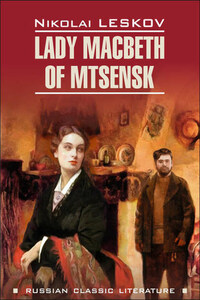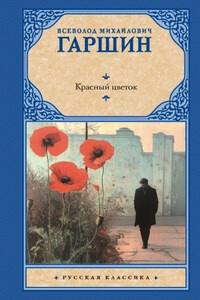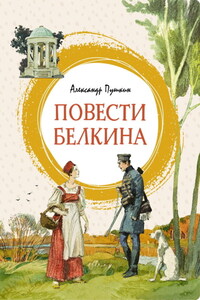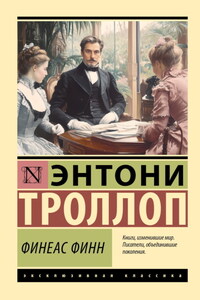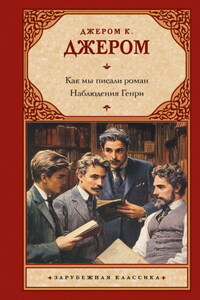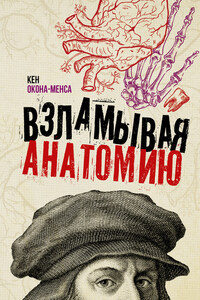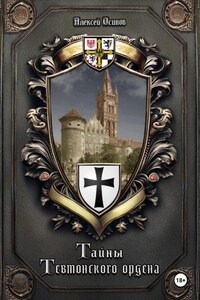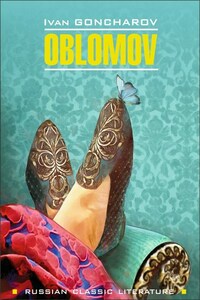In our parts such characters sometimes turn up that, however many years ago you met them, you can never recall them without an inner trembling. To the number of such characters belongs the merchant’s wife Katerina Lvovna Izmailova, who once played out a terrible drama, after which our gentlefolk, in someone’s lucky phrase, started calling her the Lady Macbeth of Mtsensk.
Katerina Lvovna was not born a beauty, but she was a woman of very pleasing appearance. She was only twenty-three years old; not tall, but shapely, with a neck as if carved from marble, rounded shoulders, a firm bosom, a fine, straight little nose, lively black eyes, a high and white brow, and very black, almost blue-black hair. She was from Tuskar in Kursk province and was given in marriage to our merchant Izmailov, not out of love or any sort of attraction, but just so, because Izmailov sent a matchmaker to propose, and she was a poor girl and could not choose her suitors. The house of Izmailov was not the least in our town: they traded in white flour, kept a big rented mill in the district, had orchards outside town, and in town had a fine house. Generally, they were well-to-do merchants. Besides, the family was very small: the father-in-law, Boris Timofeich Izmailov, was already nearly eighty, a long-time widower; his son, Zinovy Borisych, Katerina Lvovna’s husband, was a little over fifty; then there was Katerina Lvovna, and that was all. In the five years of Katerina Lvovna’s marriage to Zinovy Borisych, she had had no children. Nor did Zinovy Borisych have children from his first wife, with whom he had lived for some twenty years before becoming a widower and marrying Katerina Lvovna. He thought and hoped that God might grant an heir to his merchant name and capital from his second marriage; but in that he was again unlucky with Katerina Lvovna.
This childlessness greatly distressed Zinovy Borisych, and not only Zinovy Borisych, but also old Boris Timofeich, and even Katerina Lvovna herself was much grieved by it. For one thing, exceeding boredom in the merchant’s locked-up tower, with its high walls and watchdogs running loose, had more than once filled the merchant’s young wife with pining, to the point of stupefaction, and she would have been glad, God knows how glad, to nurse a little child; and for another thing, she was also sick of reproaches: “Why marry, what’s the point of marrying; why bind a man’s fate, barren woman?” – as if she really had committed some crime against her husband, and against her father-in-law, and against their whole honorable merchant family.
For all its ease and plenty, Katerina Lvovna’s life in her father-in-law’s house was most boring. She went visiting very little, and if she did go with her husband to call on his merchant friends, that was also no joy. They were all strict people: they watched how she sat, and how she walked, and how she stood. But Katerina Lvovna had an ardent nature, and when she had lived in poverty as a young girl, she had been accustomed to simplicity and freedom, running to the river with buckets, swimming under the pier in nothing but a shift, or throwing sunflower husks over the garden gate at some young fellow passing by. Here it was all different. Her father-in-law and husband got up as early as could be, had their tea at six o’clock, and went about their business, while she dilly-dallied from room to room alone. It was clean everywhere, it was quiet and empty everywhere, icon lamps shone before the icons, and nowhere in the house was there a living sound, a human voice.
Katerina Lvovna would wander and wander about the empty rooms, start yawning with boredom, and climb the stairs to her marital bedroom in the small, high mezzanine. There, too, she sat, looked at how they hung up hemp or poured out flour by the storehouse – again she would start to yawn, and she was glad of it: she would doze off for an hour or two, then wake up – again the same Russian boredom, the boredom of a merchant’s house, from which they say you could even happily hang yourself. Katerina Lvovna was not a lover of reading, and besides there were no books in their house except for the lives of the Kievan saints.
Katerina Lvovna lived a boring life in the rich house of her father-in-law during the five years of her marriage to her unaffectionate husband; but, as often happens, no one paid the slightest attention to this boredom of hers.
